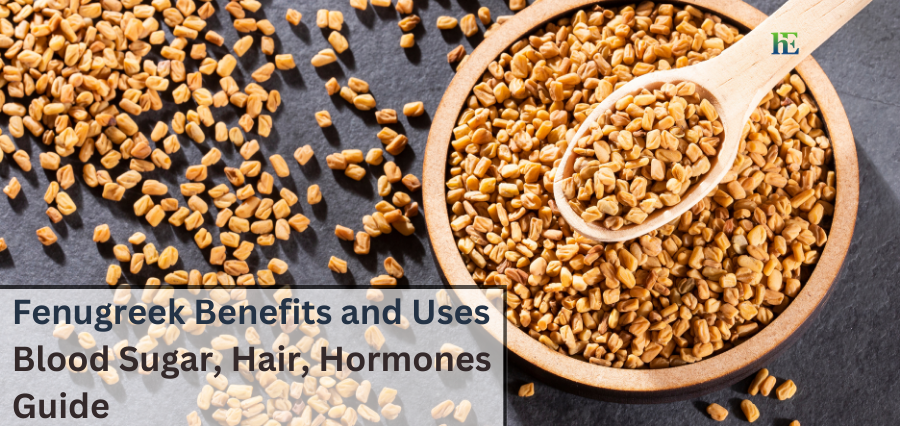How Going Plant-Based Can Boost Your Health and Lower Disease Risks
In today’s fast-paced world, staying healthy is a top priority for many. With the rise in health-consciousness, people are exploring various diets to enhance their well-being. One such trend gaining momentum is the plant-based diet. Not only does it offer a plethora of benefits for overall health, but recent studies suggest that it may also significantly reduce the risk of cancer and heart disease.
What exactly is a plant-based diet? It’s not just about munching on salads all day. Rather, it involves prioritizing foods that come from plants while minimizing or eliminating animal products. This means filling your plate with fruits, vegetables, whole grains, nuts, seeds, and legumes. The focus is on consuming nutrient-dense, fiber-rich foods that provide a wide array of vitamins, minerals, and antioxidants.
Now, let’s delve into how adopting a plant-based diet can positively impact your health, particularly in lowering the risk of cancer and heart disease.
Lowering Cancer Risk
Cancer is a formidable foe, but evidence suggests that what we eat can play a crucial role in reducing its risk. Several components of a plant-based diet contribute to this protective effect.
1. Antioxidants: Fruits and vegetables are packed with antioxidants, such as vitamins A, C, and E, as well as phytochemicals like flavonoids and carotenoids. These compounds help neutralize harmful free radicals in the body, which can otherwise damage cells and lead to cancer development.
2. Fiber: Fiber is abundant in plant foods and has been linked to a lower risk of colorectal cancer. It promotes regular bowel movements, which helps flush out toxins and potential carcinogens from the colon. Additionally, fiber feeds beneficial gut bacteria, creating an environment that may inhibit the growth of cancerous cells.
3. Phytochemicals: Plant-based foods contain various phytochemicals, which are naturally occurring compounds with potent anti-cancer properties. For example, sulforaphane in cruciferous vegetables like broccoli and kale has been shown to inhibit the growth of cancer cells.
4. Healthy Fats: Nuts, seeds, and certain plant oils provide healthy fats, such as omega-3 fatty acids, which have anti-inflammatory effects and may help reduce the risk of certain cancers, including breast and prostate cancer.
Lowering Heart Disease Risk
Heart disease remains a leading cause of death worldwide, but making dietary changes can significantly lower your risk. Here’s how a plant-based diet can help keep your heart healthy:
1. Cholesterol Reduction: Animal products, especially red meat and full-fat dairy, are high in cholesterol and saturated fats, which can raise LDL (bad) cholesterol levels and increase the risk of heart disease. By choosing plant-based alternatives, you can significantly reduce your intake of these harmful substances.
2. Blood Pressure Management: High blood pressure is a major risk factor for heart disease. Plant-based diets, particularly those rich in fruits, vegetables, and whole grains, are naturally low in sodium and high in potassium, which helps regulate blood pressure levels.
3. Weight Management: Plant-based diets tend to be lower in calories and saturated fats compared to omnivorous diets. As a result, they can be more effective for weight management and reducing excess body fat, which is linked to a higher risk of heart disease.
4. Improved Blood Sugar Control: Plant-based diets, especially those focused on whole foods, can improve insulin sensitivity and blood sugar control, reducing the risk of type 2 diabetes—a significant risk factor for heart disease.
Practical Tips for Going Plant-Based
Transitioning to a plant-based diet doesn’t have to be daunting. Here are some practical tips to help you make the switch:
1. Start Gradually: Instead of overhauling your diet overnight, gradually incorporate more plant-based meals into your routine. Start with Meatless Mondays or try replacing one meal a day with a plant-based option.
2. Explore New Foods: Get creative in the kitchen and experiment with different fruits, vegetables, grains, and legumes. Try new recipes and cuisines to keep things interesting and enjoyable.
3. Focus on Whole Foods: Opt for whole, minimally processed plant foods whenever possible. These foods are rich in nutrients and free from added sugars, unhealthy fats, and artificial ingredients.
4. Seek Support: Join online communities or local groups of like-minded individuals who can offer support, share recipes, and provide encouragement on your plant-based journey.
Conclusion
Switching to a plant-based diet isn’t just a trend; it’s a lifestyle choice with profound health benefits. By prioritizing plant foods and minimizing animal products, you can significantly reduce your risk of cancer and heart disease. With a little creativity and determination, embracing a plant-based lifestyle can be delicious, rewarding, and—most importantly—life-changing. So, why not give it a try and take a step toward a healthier, happier you?
Latest Article
-
 Fenugreek Benefits and Uses: Blood Sugar, Hair, Hormones GuideArticle
Fenugreek Benefits and Uses: Blood Sugar, Hair, Hormones GuideArticle -
 11 Questions Life Coaches Ask That Change How You ThinkArticle
11 Questions Life Coaches Ask That Change How You ThinkArticle -
 8 Real Benefits of Life Coaching That Go Beyond MotivationArticle
8 Real Benefits of Life Coaching That Go Beyond MotivationArticle -
 Blaze Schwaller: For Every Person Who Has Ever Felt Too Much, Too FastArticle
Blaze Schwaller: For Every Person Who Has Ever Felt Too Much, Too FastArticle -
 5 Metrics That Define Quality in Mental Health TreatmentArticle
5 Metrics That Define Quality in Mental Health TreatmentArticle
